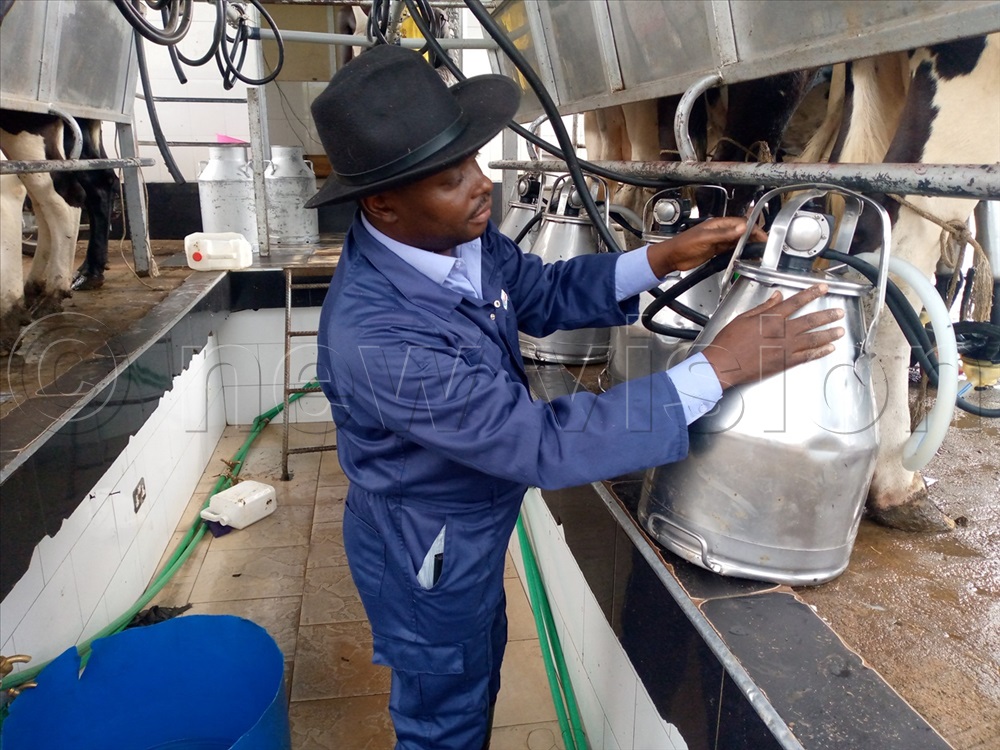By Umar Nsubuga
As agriculture evolves into a more competitive and resource-intensive industry, mechanisation has become a cornerstone for commercial farming success.
Professor Kant Kanyarusoke and Ruta Sabastian Ngambwa, experienced farm owners and agricultural experts, shed light on the critical role of machinery in transforming farming practices and boosting productivity.
Efficiency through mechanisation
Professor Kanyarusoke, who runs a mechanised farm, emphasises that adopting machinery not only reduces manual labour but also enhances efficiency and consistency.
“Farmers using traditional tools are often limited by time and physical capacity,” he explains.
“With mechanisation, you can accomplish in hours what would take days or weeks manually.”
He cites examples such as using tractors for plowing, which ensures uniformity and saves time, allowing farmers to meet tight planting schedules. Similarly, mechanised irrigation systems guarantee even water distribution, helping crops thrive under optimal conditions.
Boosting productivity and reducing costs
Ngambwa, who operates a large-scale farm specialising in dairy and hay, underscores how machinery improves productivity.
“Modern equipment like seeders, harvesters, and balers not only reduce post-harvest losses but also ensure higher yields,” he says.
Investing in machinery may appear costly initially, but Ngambwa notes that the long-term benefits outweigh the expenses.
“When you mechanise, you save on labour costs, reduce errors, and maximise the use of inputs such as seeds and fertilisers. Over time, these savings translate into higher profits,” he adds.

Precision agriculture and sustainability
Another key benefit of mechanisation is its contribution to precision agriculture. Professor Kanyarusoke highlights tools like silos, fruit dryers, and irrigation systems as vital.
“Precision farming optimises resources,” he explains.
“Machinery ensures the precise use of water, fertilisers, and pesticides, minimising waste and fostering sustainable farming practices.”
Ngambwa adds that mechanisation also supports environmental conservation by minimising the overuse of resources. For instance, precision irrigation systems lower water usage, while no-till planters help maintain soil structure and reduce erosion.
Challenges and the way forward
While the benefits are clear, the adoption of machinery among commercial farmers in developing regions faces hurdles, including high costs and lack of technical knowledge. Both experts call for government and private sector support to make machinery more accessible.
“Subsidies and affordable financing options for agricultural equipment can encourage more farmers to mechanise,” says Ngambwa.
Professor Kanyarusoke adds that training programmes are equally crucial.
“Farmers need to understand how to operate and maintain machinery for it to be effective,” he notes.
Empowering farmers for the future
Mechanisation is not just a tool but a transformative force that can redefine commercial farming. By investing in machinery, farmers can enhance efficiency, boost yields, and contribute to sustainable agricultural practices.
As Kanyarusoke aptly puts it, “Mechanisation is the bridge to a future where farming is both profitable and sustainable.”





